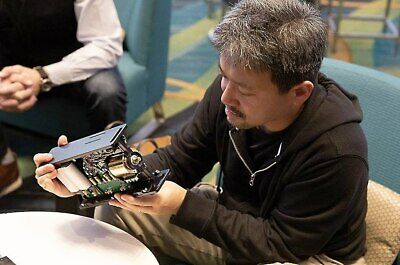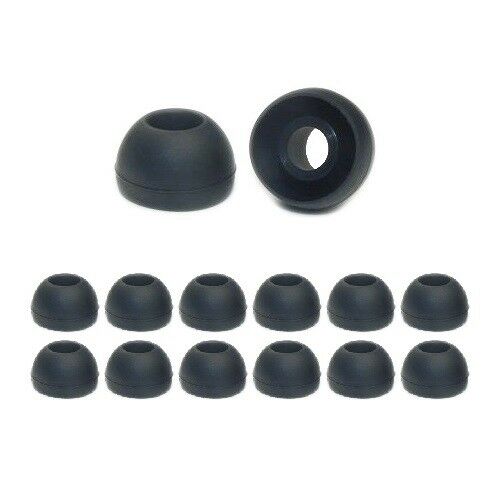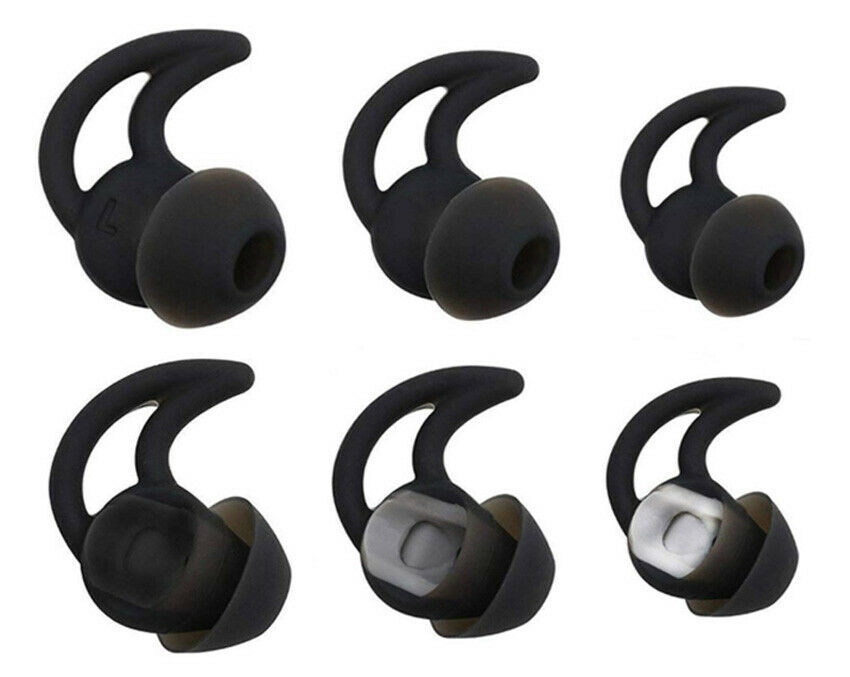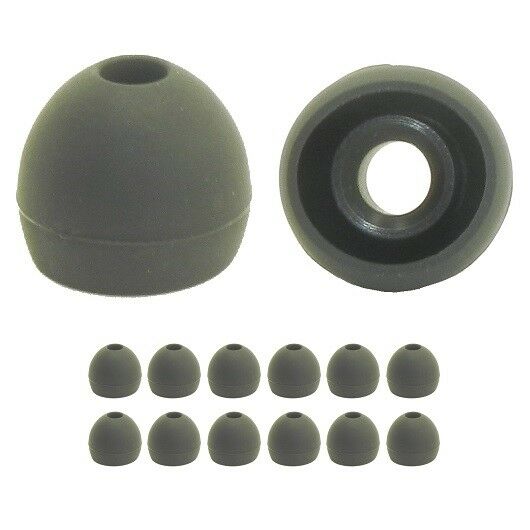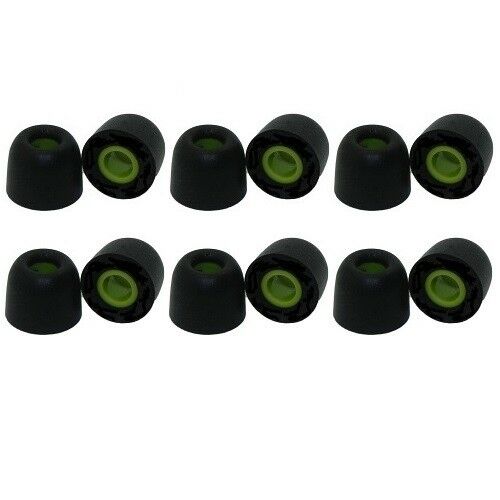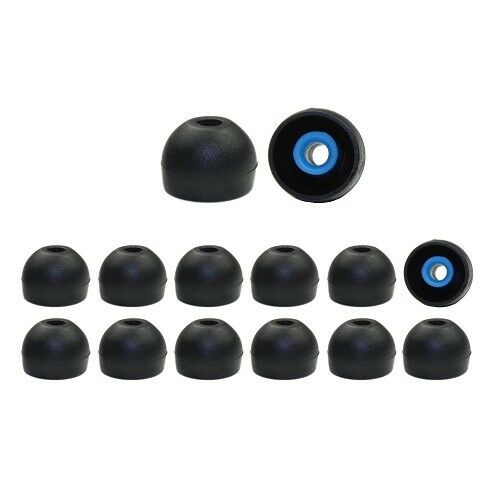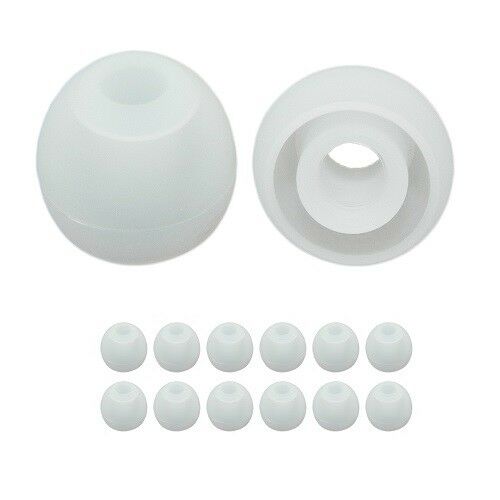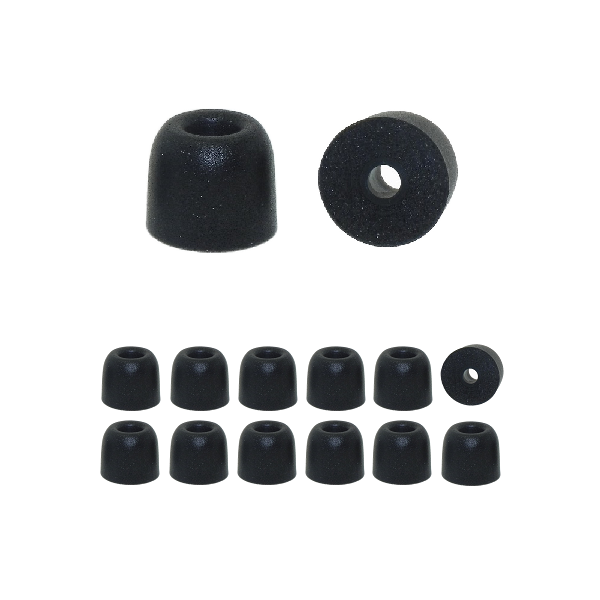-40%
Sony DMP-Z1 portable hi-res music player
$ 4487.99
- Description
- Size Guide
Description
Product highlightsbattery-operated high-resolution music player with built-in premium DACs and high-powered headphone amplifier
component sized aluminum housing with with mirror finish
3.1" polished glass LCD display (800 x 480 pixels)
touchscreen control over menu and music selection
plays MP3, FLAC, APE, AAC, ALAC, AIFF, WMA, WAV, MQA, DSD, and LPCM audio files
built-in Bluetooth® 4.2 receiver for wirelessly streaming music from compatible smartphones, tablets, and computer
LDAC, aptX® HD, and AAC decoding for high-quality music streaming from compatible devices
aluminum side panels with polished aluminum top and bottom panels
large, gold-plated Alps Electric RK501 analog volume knob
customized for this player to provide precision volume control and extra electrical grounding
rigid milled aluminum frame separates analog, digital, and power supply sections
lowers noise floor and provides a solid ground
H-shaped chassis helps reduce weight
4-wire braided, handcrafted KIMBER KABLE® connections for superb sound quality
spacious circuit board layouts to avoid crosstalk between internal components and chips
lead-free solder includes traces of gold for minimum signal loss and full dynamic range delivery
built-in rechargeable lithium-ion battery with up to 10 hours of operation
dedicated battery cells power analog and digital circuitry separately
five total battery cells
battery array isolates the player from AC power supply
completely avoids dirty power and line noise from power grid
premium electric double-layer capacitors for stable power supply with no spikes or sudden drops
recharges via included AC adapter
while recharging in "battery mode," player will draw from remaining battery power for operation
can also operate using AC power
dual AKM AK4497EQ digital-to-analog converters for bit-perfect playback of high-resolution audio files
up to 32-bit/384Khz for PCM and 11.2MHz for DSD
one DAC each for the left and right channels for proper stereo separation
built-in 1,500 mW headphone amplifier
low-noise voltage regulator and DC/DC converter delivers battery power to analog audio circuit board
ensures clean power with enough headroom to drive high-impedance headphones
DSEE HX audio upscaling restores appropriate high-frequency signals to compressed digital formats by identifying genres and instrumentation
Vinyl Processor simulates low-frequency resonance, tonearm resistance, and discrete surface noise
256GB internal flash memory
2 microSD card slots accept microSD, microSDHC, or microSDXC cards (available separately)
high-speed USB Type-C port (USB-A to USB-C cable included for file transfer and battery charging)
connect cable to your computer to use player as a USB DAC
3.5mm stereo minijack
570mW output @ 16 ohms
balanced 4.4mm output
1,500mW @ 16 ohms
AC adapter with detachable power cord
padded, suitcase-style carrying case
cleaning cloth included
frequency response: 20-40,000 Hz
5-7/16"W x 2-11/16"H x 10-15/16"D
weight: 5.49 lbs.
warranty: 1 year parts, 90 days labor
What's in the box
DMP-Z1 Digital Music Player
USB cable (Type A USB on one end and Type C USB on other end
AC adapter (ACDP-045L01) with attached DC output cord (DC output: 19.5V)
AC power cord
Cleaning cloth
Hard storage case
Instruction Manual
Startup Guide
Warranty sheet
About this item
Written by Crutchfield's Jeff Miller
Sony's Tomoaki "Tomo" Sato gave me an inside look at his latest masterpiece, the DMP-Z1 digital music player.
A powerful high-res player that defies portable audio convention
I've held, operated, heard, and even looked under the hood of the rock-solid Sony DMP-Z1 digital music player — and I'm still not quite sure how to classify it. It sports the look and feel of a high-performance desktop headphone amp/DAC. Yet it runs on rechargeable batteries and stores high-resolution digital audio files, so you can more easily take it from place to place.
"It operates just like our Walkman® players," Sony's Tomoaki "Tomo" Sato told me, "but it has almost six times the headphone output power as our next-largest player."
Tomo has been in charge of Sony's Walkman division in Tokyo since 2013, and he was project manager for the DMP-Z1. I caught up with him before this year's CanJam event in New York City, and he gave me my first glimpse of this special player. "Due to its large size," Tomo said, as he unlatched the DMP-Z1 from the protective case, "we call it
transportable
instead of portable."
Solid aluminum frame with polished top panel and touchscreen.
Pure, pristine battery power
This heavy-duty player's built-in rechargeable battery array will provide up to 10 hours of music playback on a full charge. But Tomo told me the DC power supply offers a sonic advantage, too. Particularly in Japan, some audiophiles will go to great lengths to keep their high-end audio gear off the dirty AC power grid.
Some use motorcycle batteries, and some even buy their own power utility poles! "You don't need to buy your own power pole here," quipped Tomo. He then pointed out the five battery cells, with dedicated cells powering the digital circuitry and analog circuitry separately. This keeps the power as clean and consistent as possible, resulting in rich, dynamic sound.
You can listen when connected to AC power to save battery, but Sony wants you to avoid line noise and dirty power as much as possible. In "battery mode," you can recharge the DMP-Z1 while you simultaneously play music using your remaining battery power.
Solid build, familiar controls
The DMP-Z1 has a thick aluminum outer shell, with the top and bottom polished to a fine, mirror-like sheen. A 3.1-inch glass touchscreen display sits in the middle of the top panel, with the same snappy interface I'm used to with the Sony NW-ZX300 Walkman. I tapped and scrolled through music selections and menu options with ease.
Plating the traditionally all-brass Alps Electric RK501 volume dial with gold helped provide additional grounding to the power supply.
But the volume control was something else completely! Tomo handed me a model version of the can-sized, gold-plated volume dial. "This is very important to the sound quality." Tomo said, "We started with the Alps Electric RK501 analog volume dial — used in high-end home audio gear for over 20 years— and customized it for the analog circuitry in this player."
A look inside
Next, Tomo pulled out a display version of the DMP-Z1 player. Pride beamed from his face as he removed the top panel to unveil the player's technical wizardry. He pointed out all the thoughtful circuitry and spacing inside, and he shared some of the trials, errors, and stress behind each design decision.
A solid aluminum frame separates the three main sections to prevent signal interference: analog, digital, and power supply. To cut down on weight, Sony milled the aluminum into an "H" shape and nestled the circuit boards inside.
Sony's sound philosophy
I asked Tomo why Sony decided to make a player so physically large. He started with some back story. "Our sound policy has always been the same," he said. "We deliver a very wide soundfield, with clear sound position."
Tomo shows off the beefy 5-cell battery array (in white) and digital circuit board with dual DACs and high-grade KIMBER KABLE wiring.
For their smaller Walkman models, they developed the formidable S-Master HX digital headphone amplifier. "That amp completely separates every channel, just before the headphone output," said Tomo, noting the spot-on stereo imaging. "You could have three violins playing at once, and with that amp you can pick out in your mind where each sound is coming from — you can practically 'see' the three instruments."
But for a player the size of the DMP-Z1, using such a small digital amp didn't make sense.
An analog amplifier to drive power-hungry headphones
Tomo and team wanted to bump up the headphone output, but they were unwilling to steer away from the company's tried and true sound signature. So they had to use an analog amp, which required more real estate on its own. On top of that, they needed more power to get the sonic punch they were used to — hence the larger battery array.
So why did Sony feel they needed more headphone output power in the first place? "Two years ago, I brou

